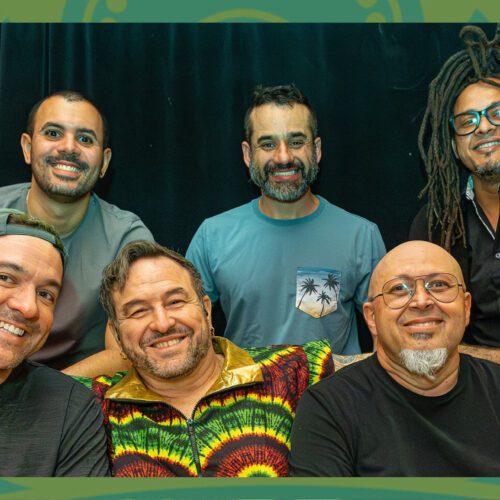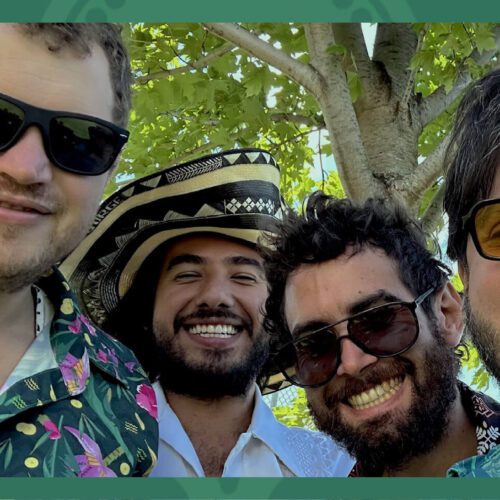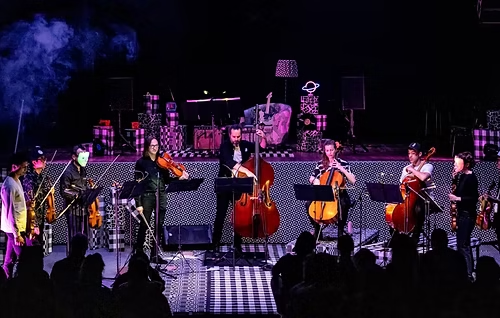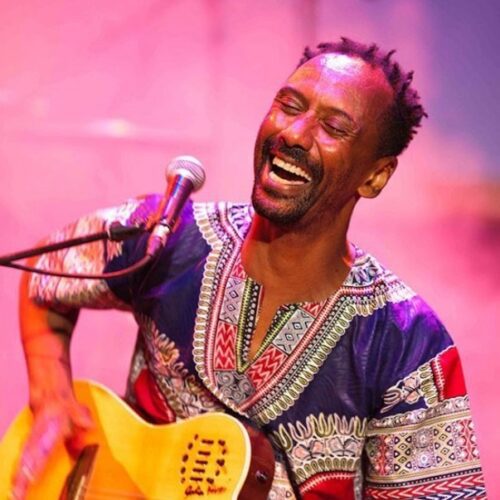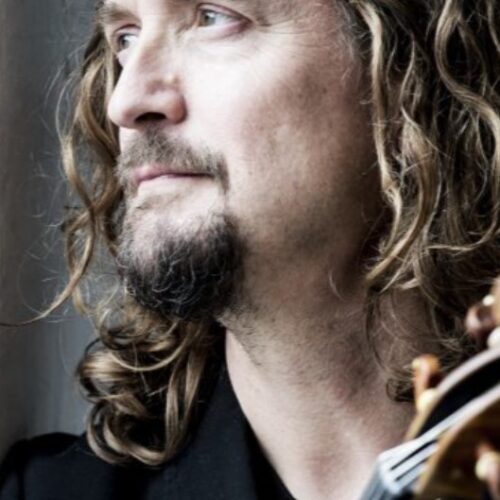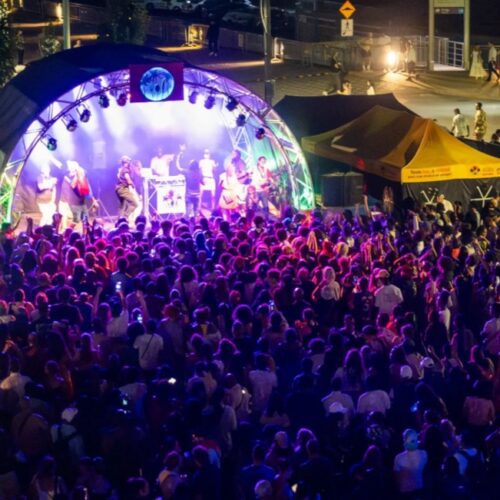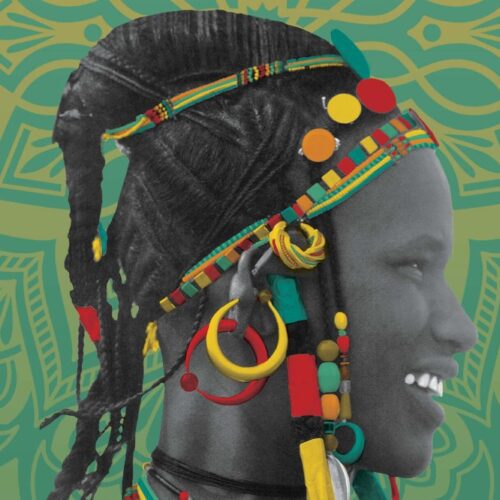Additional Information
She is Swedish, trained in flute, violin, and piano, before taking up the guitar and, above all, the kora. For her, it’s a passion acquired. He is Senegalese and comes from a long and prestigious lineage of Mandingue griots. The kora and singing are in his blood. For him, it’s innate and simply life, you know. The couple in life as in music will be passing through (for the third time) at the International Festival Nuits d’Afrique on July 17, at Club Balattou. I would have liked to speak with both of them together, but the connection with Maher was not possible, so it was Sousou who granted me most of the interview, which is as follows.
Pan M 360: The most recent album, Made of Music, dates back to 2018. It’s been a long time…
Sousou: Indeed, it’s been a long time. There was the pandemic, of course, but that’s not really an excuse. Let’s say we slightly deviated from our usual course, and we developed other projects. Moreover, it’s not an easy task to make an album. It requires a lot of effort, but above all, money. Moreover, we have toured a lot, which is very good, obviously, but well, it took up our time. That said, we have several songs written, but we are waiting to be ready.
Pan M 360: Ready for what exactly?
Sousou: To produce them on an album. We want to bring a new sound to our style, something more electronic. For that, we need a good dose of studio production, which we want to do as much as possible ourselves. So we spent quite a bit of time learning how to do it and investing in the necessary equipment, here in Sweden.
Pan M 360: The story is becoming well-known, but it’s worth repeating: how did you come into contact with the kora?
Sousou: I was very young, and my father, a folk musician, sometimes held cross-genre music concerts and invited musicians to our home. One of them was a griot from Gambia. He played the kora. He used to come see us every year. When I turned 17, we went to Gambia to visit him, and I thought to myself that I would like to take a year to learn this instrument there before pursuing “serious” studies in Sweden. Finally, I never left that path.
Pan M 360: How are you welcomed there as a Western white woman?
Sousou: As a Western woman, I was very warmly welcomed. I would even say, ironically, that it is probably easier for a white Western woman than for a local woman. There, women are supposed to take care of the children, handle household chores, etc. So, for them, learning music and especially practicing it is quite difficult. It is a clear example of the kind of privilege that benefits us rather then women in Africa.
Pan M 360: Could you start a new lineage of griots, female, white, and Western?
Sousou: I think it would be insensitive of me to dare to take such an action and appropriate a culture that is ingrained in the blood and has been passed down through the centuries. I could practice the art I have learned, but passing it down as they do from generation to generation, no. My husband, Maher, can do it. We have two children, aged 11 and 17, and for now, they’re not really interested. Occasionally, we invite them to sing with us. The result is very good, but their interests are elsewhere at the moment…
Pan M 360: You will be playing at Balattou, what impressions do you have of the place?
Sousou: A very intimate place, where people are very close together! It’s very pleasant to play there.
Pan M 360: In addition to the songs from your existing albums, will we have some new songs?
Sousou: Yes, probably. We can play a few of them to test the effect on the audience.













